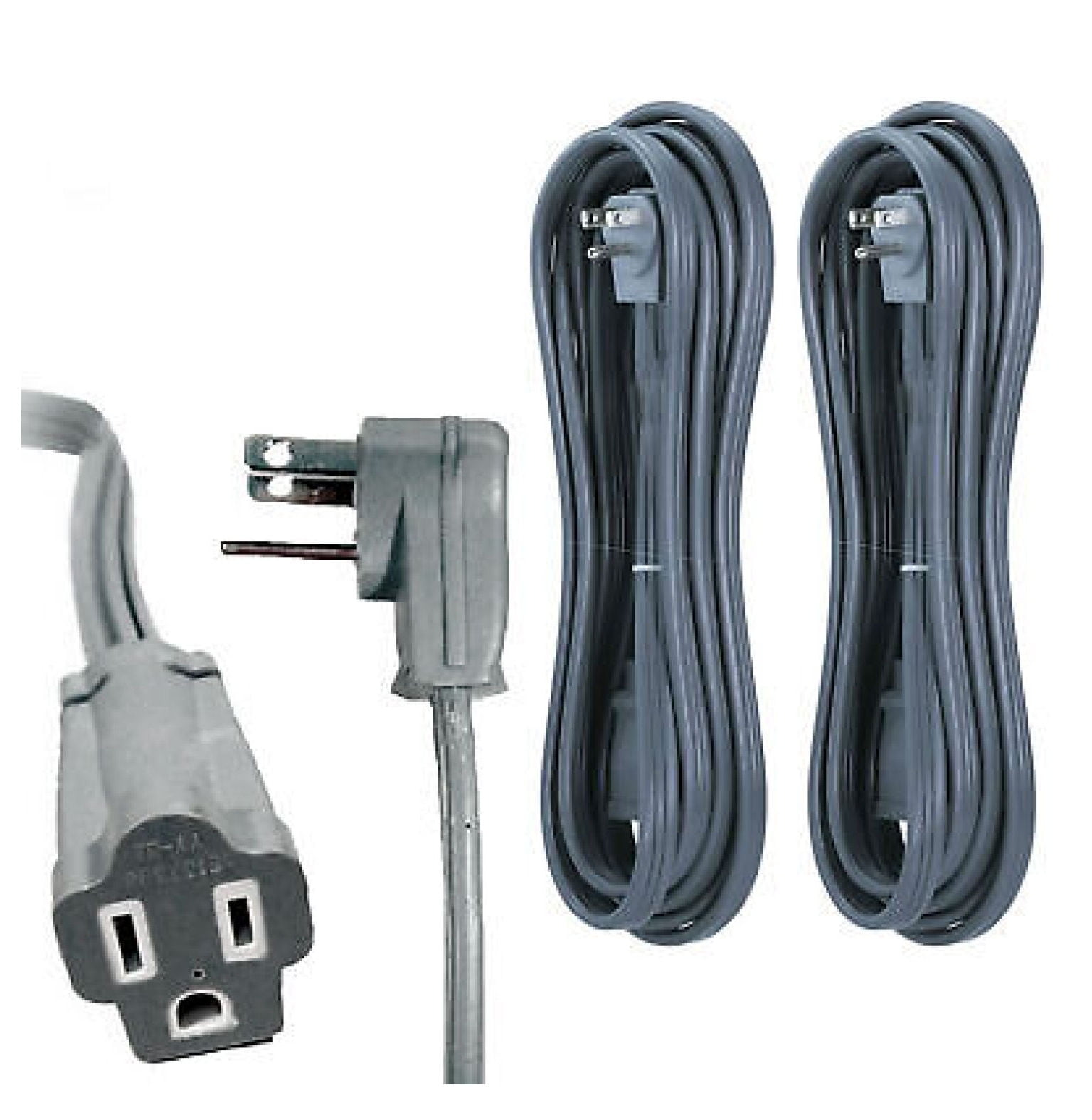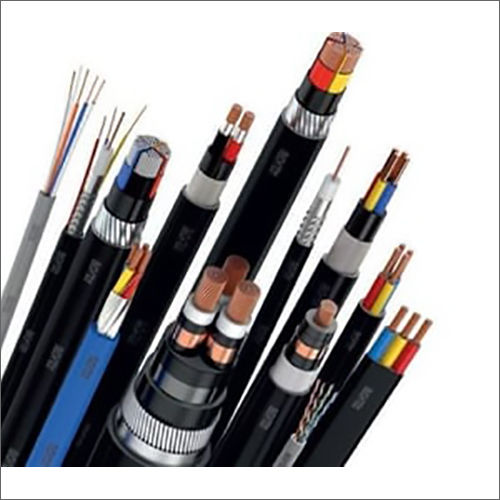What Everybody Ought To Know About Can I Use A 2.5 Mm Cable For AC

Understanding Cable Sizes for Air Conditioners
1. Why Cable Size Matters for Your AC
So, you're thinking about hooking up your air conditioner, and the question of cable size comes up. Specifically, "Can I use a 2.5 mm cable for AC?" It's a valid question, and getting it right is crucial for safety and performance. Think of it like choosing the right size pipes for your plumbing; too small, and things get clogged (or in this case, overheated!).
The short answer? It depends. Cable size isn't just about the dimensions; it's about the cable's ability to handle the electrical current (amperage) that your AC unit demands. Using a cable that's too thin can lead to overheating, which is a fire hazard. Plus, it can cause your AC to perform poorly, or even damage it over time. Nobody wants that!
Think of electrical current like water flowing through a pipe. A thicker cable has more "room" for the current to flow without resistance, reducing the risk of heat buildup. A thinner cable, on the other hand, creates a bottleneck, causing the wire to get hot. Its like trying to squeeze an elephant through a mouse hole — not a pretty sight (or a safe situation!).
Before we dive deeper, it's important to remember that I'm just providing general information. Always consult with a qualified electrician. They can assess your specific situation, taking into account the AC unit's requirements, the length of the cable run, and local electrical codes. They're the pros who can ensure everything is done safely and correctly. Don't be a DIY hero when it comes to electricity; leave it to the experts!

How To Measure Cable Core Size At Melvin Steven Blog
Factors Determining the Right Cable Size
2. Ampere and Distance are Important
Okay, so what factors actually determine the correct cable size for your AC? There are two main considerations: the amperage (current) rating of your AC unit and the distance of the cable run. Let's break these down.
Your AC unit's amperage rating is usually found on a sticker or plate on the unit itself. This tells you how much electrical current the AC needs to operate. The higher the amperage, the thicker the cable you'll need. It's like knowing how much water your plants need before you start watering them; you wouldn't give a cactus the same amount as a fern, right?
The length of the cable run also matters. The longer the distance, the more resistance the electricity encounters. This resistance causes a voltage drop, meaning less power reaches your AC. To compensate for this voltage drop, you might need to use a thicker cable than you would for a shorter run. Imagine trying to shout to someone across a football field versus across a small room; you need to shout louder to reach them over the longer distance. The thicker cable helps "shout" the electricity over a longer distance!
Local electrical codes also play a vital role. These codes are designed to ensure safety and prevent electrical hazards. They often specify minimum cable sizes for different applications. Always check your local codes or consult with an electrician to make sure you're complying with all regulations. These codes are like the rules of the road; they're there to keep everyone safe and prevent accidents.

The 2.5 mm Cable
3. When Does 2.5 mm Work?
Now, let's get back to our original question: "Can I use a 2.5 mm cable for AC?" In some cases, the answer might be yes. A 2.5 mm cable can typically handle around 20-25 amps, depending on the cable type and installation conditions. If your AC unit requires less than that, and the cable run is relatively short, it might be suitable. I use that word "might" very deliberately.
However, many air conditioners, especially larger ones, require more than 25 amps. In such cases, a 2.5 mm cable would definitely be insufficient and potentially dangerous. Using a cable that's too small is like wearing shoes that are two sizes too small; it's uncomfortable, and it can cause problems in the long run. In this case, the "problems" could be electrical fires.
Consider a small window AC unit used in a small room versus a central AC unit powering an entire house. The central AC unit will undoubtedly require a much higher amperage and a thicker cable. It's all about matching the cable's capacity to the AC unit's needs. Think of it as matching the right tool to the right job; you wouldn't use a screwdriver to hammer a nail, would you?
Remember, its always better to err on the side of caution. If youre unsure, choose a thicker cable. A slightly thicker cable wont cause any harm, but a cable thats too thin can be disastrous. It's like wearing a slightly oversized coat on a cold day; you'll be warm and comfortable, but wearing a coat that's too small will leave you shivering.

Aircon Installation Tools Gain City
Safety First
4. Safety is the most Important Thing
I cannot stress enough the importance of safety when dealing with electricity. Using the wrong size cable can have serious consequences, including electrical fires, damage to your AC unit, and even electric shock. It's simply not worth the risk to save a few dollars on a thinner cable. Think of it like driving without seatbelts; you might save a few seconds, but you're putting yourself at unnecessary risk.
Overheated cables can melt the insulation, exposing the wires and creating a fire hazard. This is especially dangerous if the cable is near flammable materials, such as wood or fabric. Imagine the chaos that could ensue if a fire started in your walls due to an undersized cable. It's a nightmare scenario that's easily avoidable.
Furthermore, an undersized cable can cause your AC unit to work harder, leading to premature failure. The AC unit is like a finely tuned engine; if it's not getting the power it needs, it will strain itself, eventually leading to breakdowns. Replacing an AC unit is far more expensive than using the correct cable size in the first place. Its like penny-wise, pound-foolish.
So, before you even think about connecting that AC unit, double-check the cable size. When in doubt, consult with a qualified electrician. They can ensure that your installation is safe, compliant with local codes, and optimized for performance. Peace of mind is priceless, especially when it comes to electrical safety. It's like having a professional chef in the kitchen; they'll make sure everything is cooked to perfection and that no one gets food poisoning!

FAQ
5. Answering Some Common Questions
Let's tackle some frequently asked questions about AC cable sizes.
Q: How do I find the amperage rating of my AC unit?
A: The amperage rating is usually found on a sticker or plate on the AC unit itself. Look for information like "Amps," "Rated Current," or "Full Load Amps (FLA)." It's often expressed as a number followed by the letter "A."
Q: What happens if I use a cable that's too thick?
A: Using a cable that's too thick is generally not a problem. It's always better to err on the side of caution. A thicker cable can handle more current than needed, so it won't overheat. However, it might be more expensive and harder to work with.
Q: Can I use an extension cord for my AC unit?
A: It's generally not recommended to use an extension cord for an AC unit, especially for extended periods. Extension cords can be a fire hazard, especially if they're not rated for the AC unit's amperage. If you must use an extension cord, make sure it's heavy-duty and rated for the appropriate amperage, and only use it temporarily.
Q: Where can I buy the right type of cable for my AC?
A: You can purchase electrical cables at most hardware stores, home improvement centers, and electrical supply stores. Be sure to check it meet the local standard. And it's always a good idea to consult with an electrician to ensure you're selecting the right type and size of cable for your specific application.
